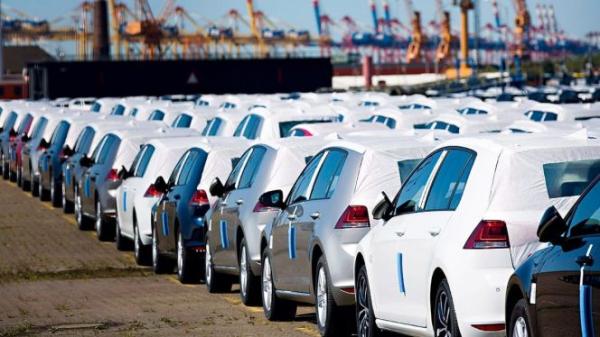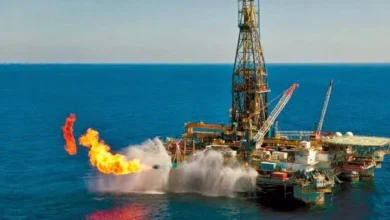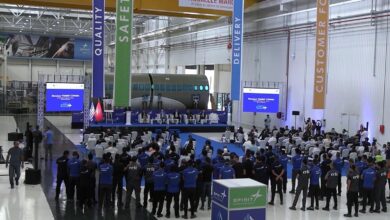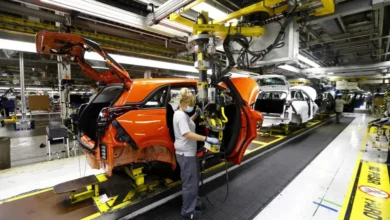Morocco Leads Africa in Car Exports: A National Achievement Amid Challenges

In an environment characterized by increasing challenges, Morocco emerges as a leading industrial power in Africa, achieving a significant national milestone in car exports. This accomplishment is not by chance but the result of a well-crafted national strategy that combines innovation, the attraction of global companies, and infrastructure development. Today, Morocco is not just an assembly site but an active partner in the production process, enhancing the value of cars manufactured on its soil. According to statistics, Morocco managed to export more than 400,000 cars last year, reflecting continuous growth in this sector.
In a move that enhances Morocco’s position in the automotive industry, the first Moroccan-made car powered by renewable energy was unveiled. This car, developed by “Neo Motors” with Moroccan capital, relies on hydrogen as a source of energy, making it environmentally friendly and contributing to sustainable development. The new car boasts a range of up to 500 kilometers per charge and high efficiency in hydrogen consumption, making it a sustainable and viable option for the future.
Morocco tops the list of car exporters to Europe, surpassing China, Japan, and India. In 2023, car exports reached 13.7 billion dollars, with the largest markets being France, Spain, and Italy. Morocco plans to increase its production capacity to one million cars annually by 2025. This success is attributed to its strategic location, favorable business environment, and significant investments from companies such as Renault and Stellantis.
Despite these achievements, Morocco faces challenges from certain entities aiming to impede its progress. Statements from Algerian officials aiming to tarnish Morocco’s image and hinder its developmental journey are examples of such challenges. However, Morocco continues its steady progress, relying on its national capabilities and the will of its people.
The automotive industry in Morocco has seen significant development in recent years, as the kingdom has become a regional hub for this industry, thanks to massive investments from global companies like “Renault” and “Peugeot-Citroën.” This success has not gone unnoticed by neighboring countries, particularly Algeria.
During the “Tahkout” trial, former Algerian prime ministers Ahmed Ouyahia and Abdelmalek Sellal revealed some of the Algerian regime’s hidden intentions toward Morocco. In his trial session, Abdelmalek Sellal indicated that Algeria had sought to undermine the Moroccan automotive industry by granting substantial tax breaks to car assembly projects in Algeria, such as the “Tahkout Mahyidine” complex for assembling Hyundai vehicles.
Algerian President Abdelmadjid Tebboune acknowledged that his country lost 3.5 billion dollars in failed and halted car assembly projects. Tebboune explained that these projects aimed to compete with the Moroccan automotive industry system but did not achieve the desired results.
Algeria’s attempts to thwart Morocco’s successes are not new; they are part of a systematic policy aimed at undermining Morocco’s achievements. This policy does not only focus on the economic field but extends to various sectors, where Algeria always seeks to obstruct Morocco in international and regional forums.
Morocco’s success in car exports and the production of a renewable energy-powered vehicle is a testament to the kingdom’s ability to achieve significant accomplishments through its well-considered strategies and the efforts of its people. Despite all challenges and obstacles, Morocco remains committed to its ambitions, continuing its path towards a brighter and more prosperous future. We encourage everyone to support national products and contribute to more achievements that elevate Morocco on the international stage.



